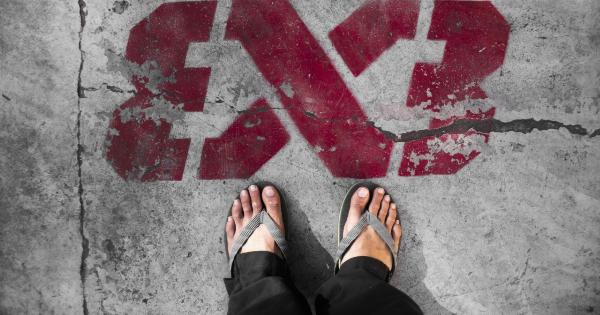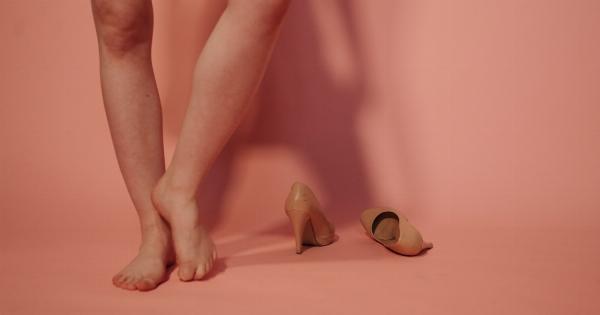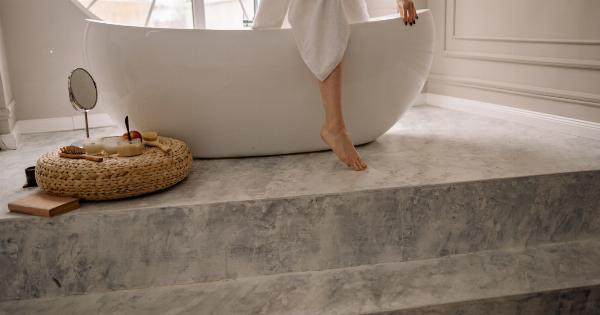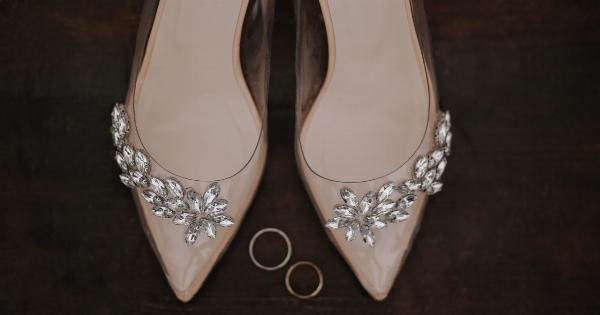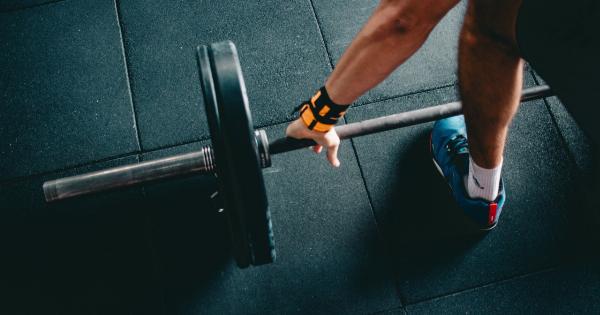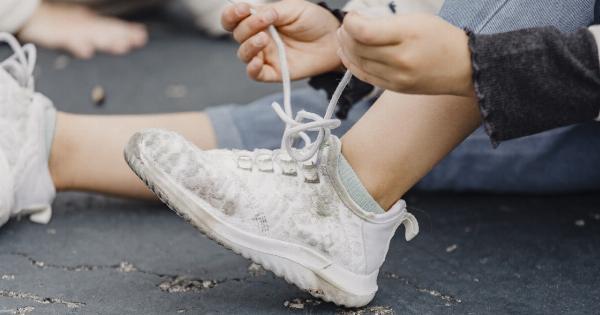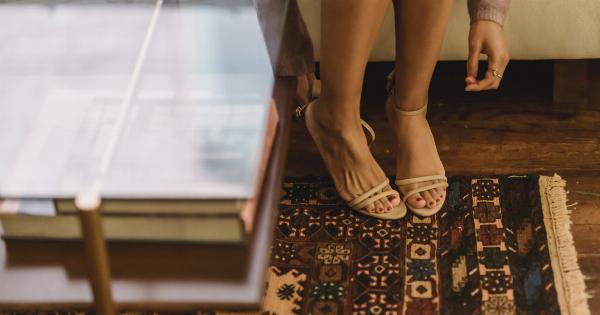High heels have been a popular fashion accessory for decades, but when it comes to pregnancy, moms-to-be often wonder if they are safe to wear.
While high heels may be attractive and can make a pregnant woman feel more confident, their safety during pregnancy is a hotly debated topic among medical professionals. Let’s explore how safe it is to wear high heels during pregnancy, and if the potential risks outweigh the benefits.
What are High Heels?
High heels are typically defined as shoes that have a raised heel of two inches or more. This type of shoe has been worn by women for centuries and has become a staple in most fashion collections.
High heels come in various shapes, sizes, and styles, from stilettos to pumps to wedges to platforms.
The Potential Dangers of Wearing High Heels during Pregnancy
Wearing high heels during pregnancy can be dangerous for both the mom-to-be and her developing fetus. Here are some of the potential dangers:.
Risk of Tripping and Falling
Walking in high heels during pregnancy can increase the risk of tripping and falling, which is dangerous for the health of both the mother and the fetus.
During pregnancy, a woman’s body undergoes various changes, such as a shift in the center of gravity, balance, and coordination. These changes can make it challenging to balance in high heels, especially if the heels are too high or if the mother has pre-existing balance issues.
Poor Posture and Back Pain
High heels can cause poor posture and back pain, which is already a common complaint during pregnancy. High heels can place additional pressure on the lower back, which can cause discomfort and pain.
Wearing high heels can also affect the alignment of the spine, leading to further discomfort and aches.
Varicose Veins
Wearing high heels can increase the risk of developing varicose veins, another common complaint during pregnancy. Varicose veins are swollen and enlarged veins that appear blue or purple. They usually occur in the legs and can be painful and unsightly.
High heels can lead to increased pressure on the legs and feet, which can cause the formation of varicose veins.
Sprained Ankles
Wearing high heels during pregnancy can increase the risk of a sprained ankle, which is a painful and often debilitating injury. High heels can make the feet unstable, which can lead to falls and sprained ankles.
A sprained ankle can also lead to further complications, such as swelling and pain.
Reduced Blood Flow to the Feet
Wearing high heels can reduce blood flow to the feet, which can be dangerous for both the mother and the fetus. During pregnancy, the body needs adequate blood flow to provide oxygen and nutrients to the developing fetus.
High heels can reduce blood flow to the feet, which can lead to reduced blood flow to the baby.
The Benefits of Wearing High Heels during Pregnancy
While high heels may pose some risks during pregnancy, some benefits come with wearing them as well. Here are some benefits of wearing high heels during pregnancy:.
Improved Self-Confidence and Mental Health
Wearing high heels can make a woman feel more confident and positive. During pregnancy, many women may feel self-conscious about their changing bodies. Wearing high heels can help boost their self-confidence and improve their mental health.
Improved Style
High heels are a classic and timeless fashion accessory, and during pregnancy, they can add a touch of elegance and sophistication to any outfit. Wearing high heels can help mothers-to-be feel stylish and fashionable during this exciting time.
Conclusion
While wearing high heels during pregnancy may seem appealing, it is crucial to consider the potential risks and dangers that come with it.
Choosing comfortable and supportive shoes is essential during pregnancy as it can help reduce the risk of falls and injuries while improving overall comfort and reducing discomfort. It’s always best to consult with your doctor if you have any concerns about high heel shoes or any other pregnancy-related issue.




